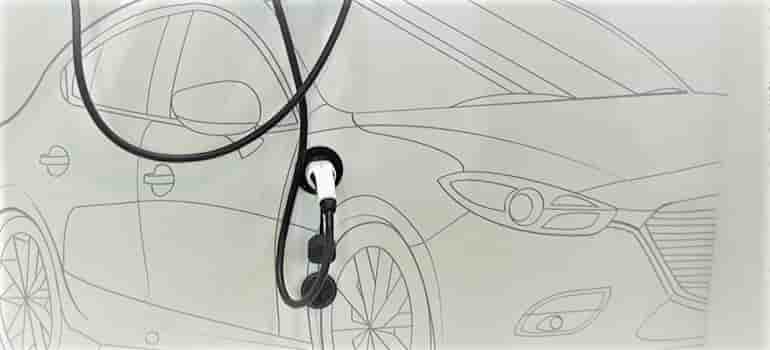Chief Minister of Delhi Arvind Kejriwal launched a new electric vehicle policy on Friday (August 7, 2020).

The Delhi EV policy 2020 is aimed to boost the economy, creating jobs and reduce air pollution in the national capital.
CM Kejriwal said, “We have notified the Electric Vehicle Policy today. With this policy, we aim to generate employment to give a boost to Delhi’s economy and reduce pollution levels in the national capital.”
The state government is expecting registration of 5 lakh new electric vehicles in the next 5 years after launching this policy.
Delhi government will also give ‘scrapping incentive’ under electric vehicle policy.
CM at the press conference also announced incentive up to Rs 30,000 for 2-wheelers, auto-rickshaws, e-rickshaws, up to Rs 1.5 lakh for cars under electric vehicle policy.
The government will waive registration fee and road tax for the electric vehicles while the commercial electric vehicle buyers will get interest waiver on loans.
Delhi government will set up dedicated ‘EV Cell’ to implement ‘electric vehicle policy’.
The Chief Minister further stated that his government will soon set up ‘State Electric Vehicle Board’ to implement this policy.
To propell usage of EVs, government will be working on the infrastructure development and is planning to set up 200 charging stations in one year and install an electric station every 3 km.
Key takeaways from the EV policy
- -Upto 30,000 subsidy on E-Rickshaw, two-wheelers, Auto-rickshaw and freight vehicles
- -Upto 1.5 lakh subsidy on electric Cars
- -Waiver on Registration Fee & Road Tax for E-Vehicles
- 200 public electric vehicle charging stations
- -Scrapping incentive
- -Low-interest loan on the purchase of E-Vehicles
- -E-buses
- -Within 1 year, Delhi Govt aims to induct 35,000 E-vehicles
- -Aims to constitute 25% E-vehicles by 2024

